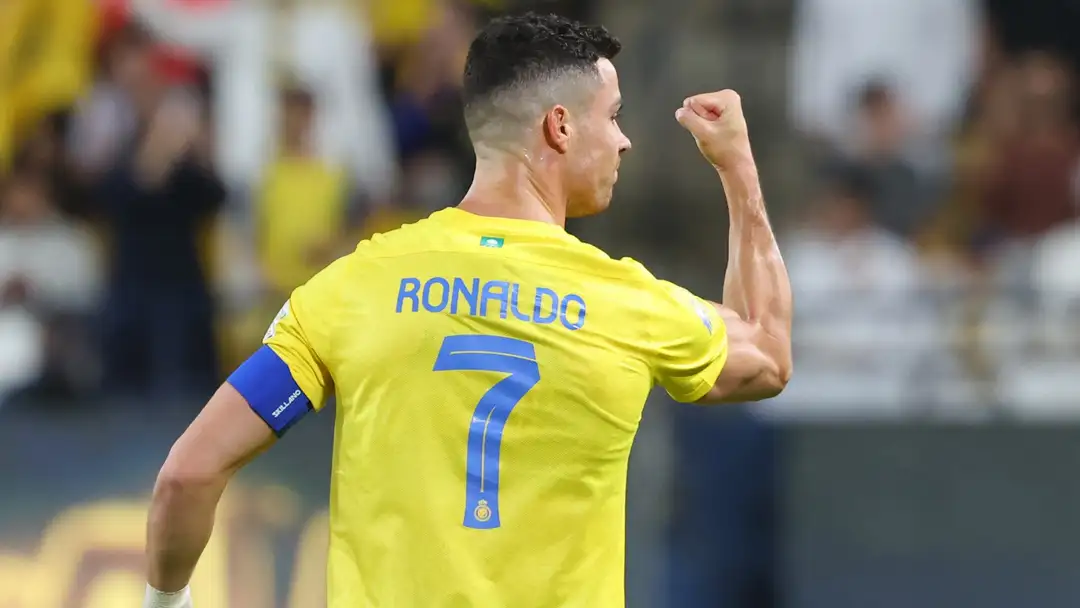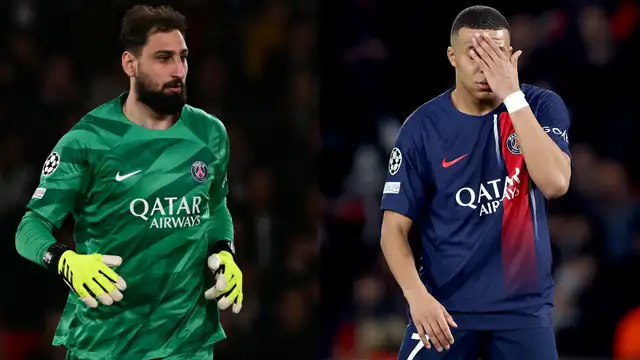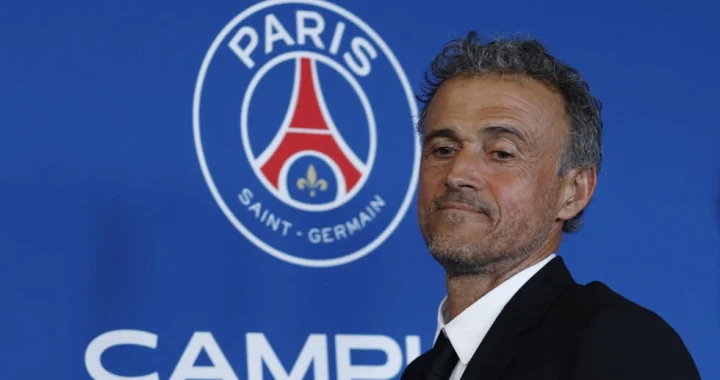The Mental Approach to Coaching
[ad_1]
What is your mental approach to coaching? By your mental approach, Sarancik is not asking about the approach you take to coaching the mental side of your player’s game. He”s talking about your mental approach to your own coaching and the approach of your assistant coaches to their own coaching.
All good coaches know the critical importance of the mental side of training, competing, and in fact, for everything in life. It is both an essential component to elite development and the edge and difference maker in competition. In baseball, we call it the sixth tool of a complete player. All good coaches pay regular and very specific attention to developing the mind of their players, e.g., mental toughness, tenacity, focus, relaxation and positivity. We constantly address the “mental approach” that will best handle the situation, e.g., an at-bat, an opponent, etc.
Sarancik wrote a book, Coaching Champions for Life, which discusses in great detail the general mental approach to coaching. Specifically, what he is asking here is when mistakes happen in a game, for example, what are the very first thoughts that come to your mind and to the minds of your assistant coaches?
We all see and hear coaches immediately bark rebukes at their players when mistakes happen. Why do they do that? Is it as simple as their coaches did it to them when they were players so they have been conditioned to do it to their players? Is it a release of anxiety on their part for some self-imposed pressure such as their need to “win”? Do they actually think it will immediately translate to better mechanics and play of their players? Do they really believe telling is teaching? (It’s not.)
Here is Sarancik’s philosophy. There are only two types of games; well played and poorly coached. When mistakes happen, they’re the fault of the coaches. Period. When a batter strikes out, a fielder makes a fielding or a throwing error, or when the team fails to handle a situation properly; it is the fault of the coaches, not the players. No other “mental approach” to coaching will lead to optimum results in the short or long-term.
Championship coaches, teams and programs are built by coaches who recognize the importance of “looking first in the mirror with honest intent.” When mistakes happen, coaches must immediately and intently reflect upon the ways they failed to properly train the player(s) so that the error would not happen. What are the weak links in our training of preparation, anticipation, reaction and action of that player and of our team?
The philosophy of “get better every day” applies first and foremost to the coaches. The mindset of our own accountability for every mistake our players make must be trained into our psyche to be not just a habit; it must be an instinct.
Players are required to have and can be held immediately accountable for having these things: a teachable spirit, their best effort, a growth mindset and an unfailing commitment to the maximum development of themselves and the team. They can and must be held accountable for all of these things. But failing to do these things are not mistakes. They are matters of character. Coaches can exemplify, train and mentor these things too, of course, but players should be called out immediately for failing in any of these areas.
What Sarancik is advocating here is a change in the long-standing custom of coaches being reflexively, and vocally critical of their players when mistakes happen rather than recognizing and considering that the primary cause of the error was a failure of coaching methodology. It is sadly too easy for a coach to use their position of power to criticize a player for their mistakes. This habit will not change the mechanics of the player in the short term and will not set an example of how to handle problems in life in the long-term outside of the sport.
During games, we see coaches keeping several notebooks of meticulous data about the play of their team and their opponent. Who is keeping the book on the performance of the coaches? Sarancik believes if coaches put as much effort into evaluating their own methodology and approaches as they do their players, they would win more championships and more importantly, they would develop more Champions for Life.
[ad_2]
Source link
 Madrid warned Neymar and Messi ahead of Mbappe
Madrid warned Neymar and Messi ahead of Mbappe  Ronaldo’s Lesson for Al-Nassr Squad after Lose
Ronaldo’s Lesson for Al-Nassr Squad after Lose  All of yesterday’s predictions won: Check Top 5 Winning Bet Tips and Matches for February 2, 2024
All of yesterday’s predictions won: Check Top 5 Winning Bet Tips and Matches for February 2, 2024  All About AFCON 2023; Full Schedule, Kick-Off Times
All About AFCON 2023; Full Schedule, Kick-Off Times  Disaster as Mbappe went Missing for PSG
Disaster as Mbappe went Missing for PSG  PSG, Rebooted and Ready, Eager for Success
PSG, Rebooted and Ready, Eager for Success